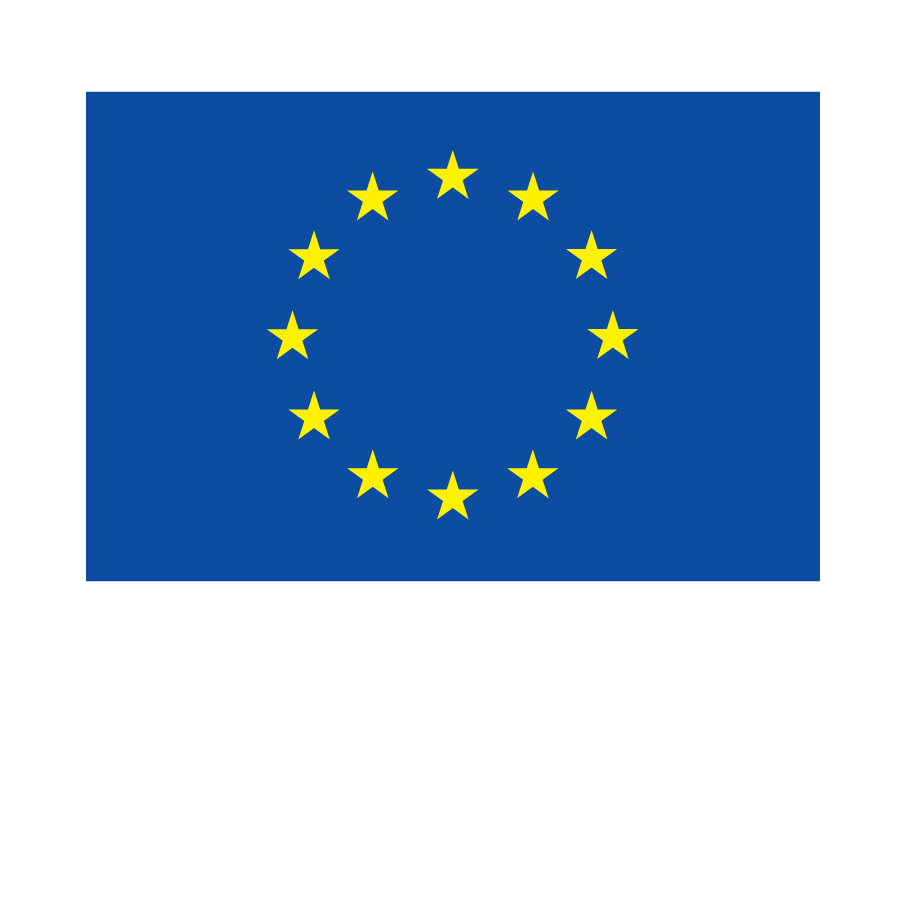Erasmus MC Rotterdam
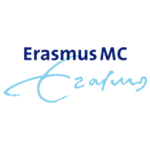
Erasmus MC University Medical Centre Rotterdam stands for excellent healthcare in all phases of life. Innovative research, education and care approaches in all healthcare disciplines improve the health of the population and support the quality of life and wellbeing of our patients and their families.
Dyadic Psychoeducational Interventions for people with Advanced cancer and their Informal Caregivers (DIAdIC) is a research project that takes place in different countries and is financed by the ‘European Union’s horizon 2020 research and innovation programme’. A diagnosis of advanced cancer has an impact on the person with the disease as well as the family caregiver. Good psychosocial and educational support can make a big difference and improve the quality of life of both. This international project will provide the needed evidence about the effectiveness of such interventions in different European countries.
The DIAdIC project will develop and evaluate two different psychoeducational interventions for the person with cancer and the family caregiver together (i.e. the dyad). Both interventions are tailored to the needs of the dyad and address five core areas:
- supporting family involvement in care
- support outlook and meaning
- increasing coping effectiveness to deal with stress related to the disease and caregiving
- reducing uncertainty about the disease and treatments
- teaching symptom management and giving confidence to handle specific tasks and problems.
The first support strategy is called FOCUS+. In this strategy, a specially trained nurse will have three extensive consultations with the patient-caregiver dyad, usually in the patient’s home, over the course of three months.
The second support strategy is called iFOCUS. In this strategy, the patient and caregiver both get access to four online web-based sessions over a period of three months.
Dyadic Psychoeducational Interventions for people with Advanced cancer and their Informal Caregivers (DIAdIC) is een onderzoek dat in verschillende landen plaats vindt en dat gefinancierd wordt door het ‘European Union’s Horizon 2020 research and innovation programme’ (het Europese programma Horizon 2020 voor onderzoek en innovatie) Een diagnose van gevorderde kanker heeft niet alleen invloed op de persoon met kanker, maar ook op naasten. Goede ondersteuning kan een groot verschil maken en de kwaliteit van leven van beide verbeteren. Dit internationale onderzoek zal inzicht geven in het effect van ondersteuningsprogramma’s in verschillende Europese landen.
Binnen het DIAdIC onderzoek zullen twee verschillende ondersteuningsprogramma’s worden ontwikkeld en geëvalueerd voor mensen met kanker en hun naaste samen (mensen met kanker en hun naaste samen worden ook wel een ‘dyade’ genoemd). Beide ondersteuningsprogramma’s zijn speciaal ontwikkeld om aan de sluiten op de behoeften van de dyade en behandelen vijf hoofdonderwerpen:
- Het ondersteunen van betrokkenheid van de familie en het verbeteren van onderlinge communicatie
- Praten over de kijk op het leven en betekenis van de ziekte
- De manier van omgaan met de ziekte
- Het omgaan met onzekerheid
- Het omgaan met symptomen en het ontwikkelen van vertrouwen om specifieke taken en problemen aan te pakken
Het eerste ondersteuningsprogramma heet FOCUS+ waarin een verpleegkundige ondersteuning biedt. Een speciaal getrainde verpleegkundige voert drie uitgebreide gesprekken over een periode van 3 maanden met de patiënt-en naaste dyade. Deze interventie vindt normaal gezien plaats bij de patiënt of naaste thuis.
Het tweede ondersteuningsprogramma heet iFOCUS. In dit programma krijgen de persoon met kanker en de naaste toegang tot vier online websessies via een computer over een periode van 3 maanden.
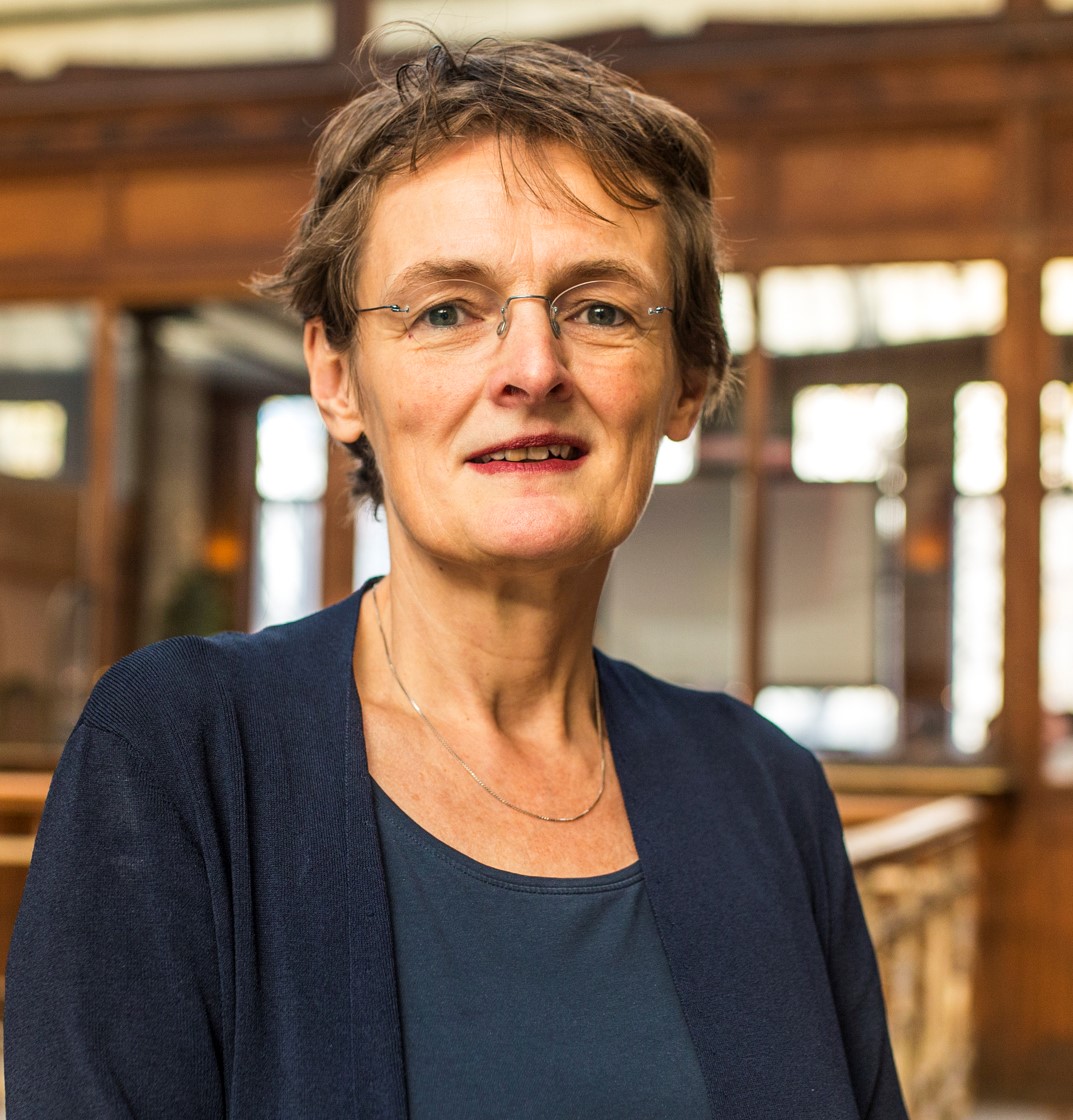
Agnes van der Heide
Agnes was trained as a physician and epidemiologist. She works as a professor in end-of-life care and decision making at the department of Public Health of Erasmus MC, University Medical Center Rotterdam, the Netherlands, and has recently been appointed as guest professor at Lund University in Sweden. She is the lead of a research group that focuses on quantitative and qualitative research into clinical, epidemiological, ethical, organisational and legal aspects of palliative care and end-of-life decision making.
Agnes is arts-epidemioloog. Ze werkt als hoogleraar Zorg en besluitvorming in de laatste levensfase bij de afdeling Maatschappelijke Gezondheidszorg van het Erasmus MC, Universitair Medisch Centrum Rotterdam, Nederland, en is onlangs benoemd als gasthoogleraar aan de Universiteit van Lund in Zweden. Ze leidt een onderzoeksgroep die zich richt op kwantitatief en kwalitatief onderzoek naar klinische, epidemiologische, ethische, organisatorische en juridische aspecten van palliatieve zorg en besluitvorming rond het levenseinde.
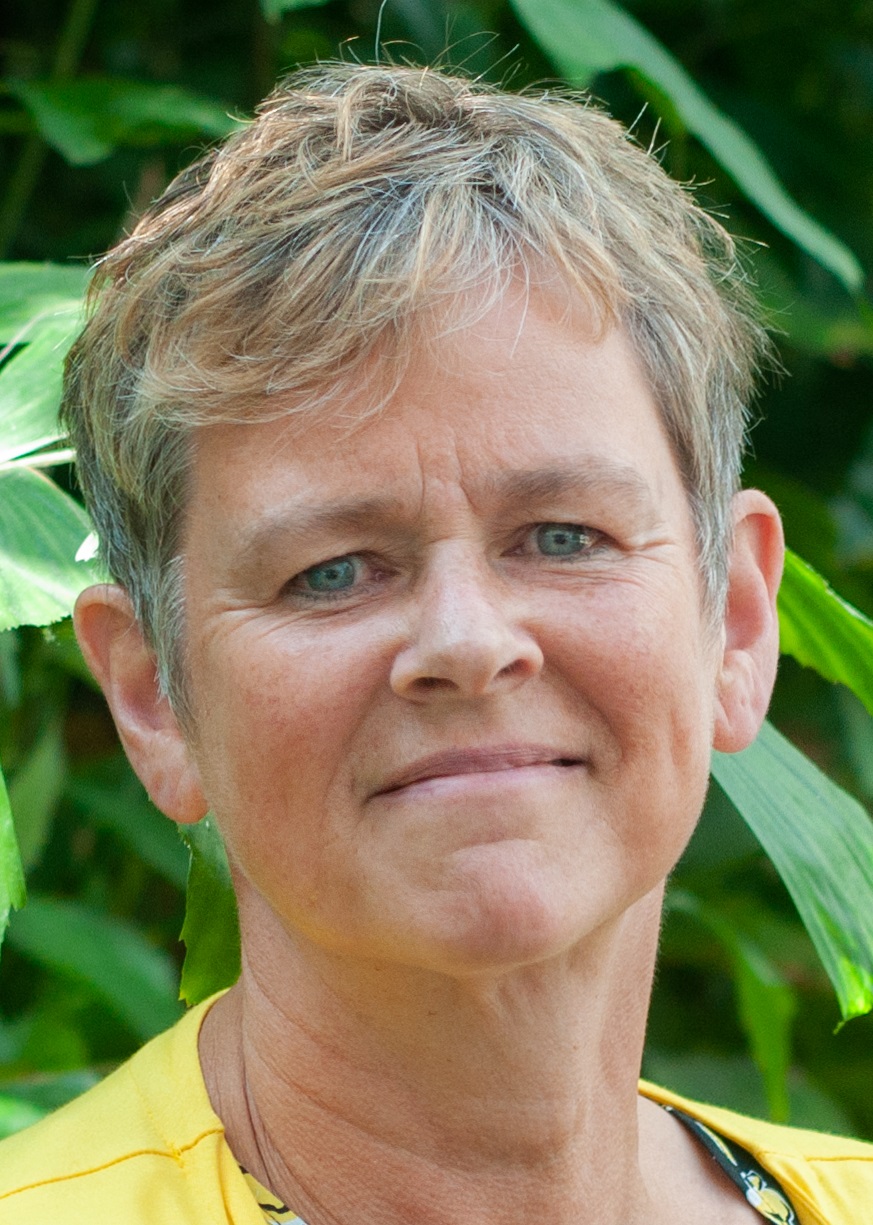
Erica Witkamp
Erica Witkamp was trained as a nurse and health scientist. She has many years of experience in home care and palliative oncology care in the Netherlands. She obtained her PhD degree in 2015 after studying the quality of dying in the hospital. She works as applied research professor at the Rotterdam University of Applied Sciences, and as senior lecturer in the bachelor of nursing program. Furthermore she has an appointment of senior researcher at the department of Public Health of Erasmus MC. Her work focuses on relatives involved in family caregiving for patients with severe chronic and/or terminal conditions.
Erica Witkamp is opgeleid als verpleegkundige en is gezondheidswetenschapper. Ze heeft veel jaren ervaring in de thuiszorg en de palliatieve zorg voor mensen met kanker. Ze is gepromoveerd in 2015 op onderzoek naar de kwaliteit van sterven in het ziekenhuis. Ze is nu als lector verbonden aan Hogeschool Rotterdam en is daar tevens hoofddocent bij de opleiding Verpleegkunde. Daarnaast heeft ze een aanstelling als senioronderzoeker bij de afdeling Maatschappelijke Gezondheidszorg van het Erasmus MC. Haar werk richt zich op naasten van patiënten met ernstige chronische of terminale aandoeningen.
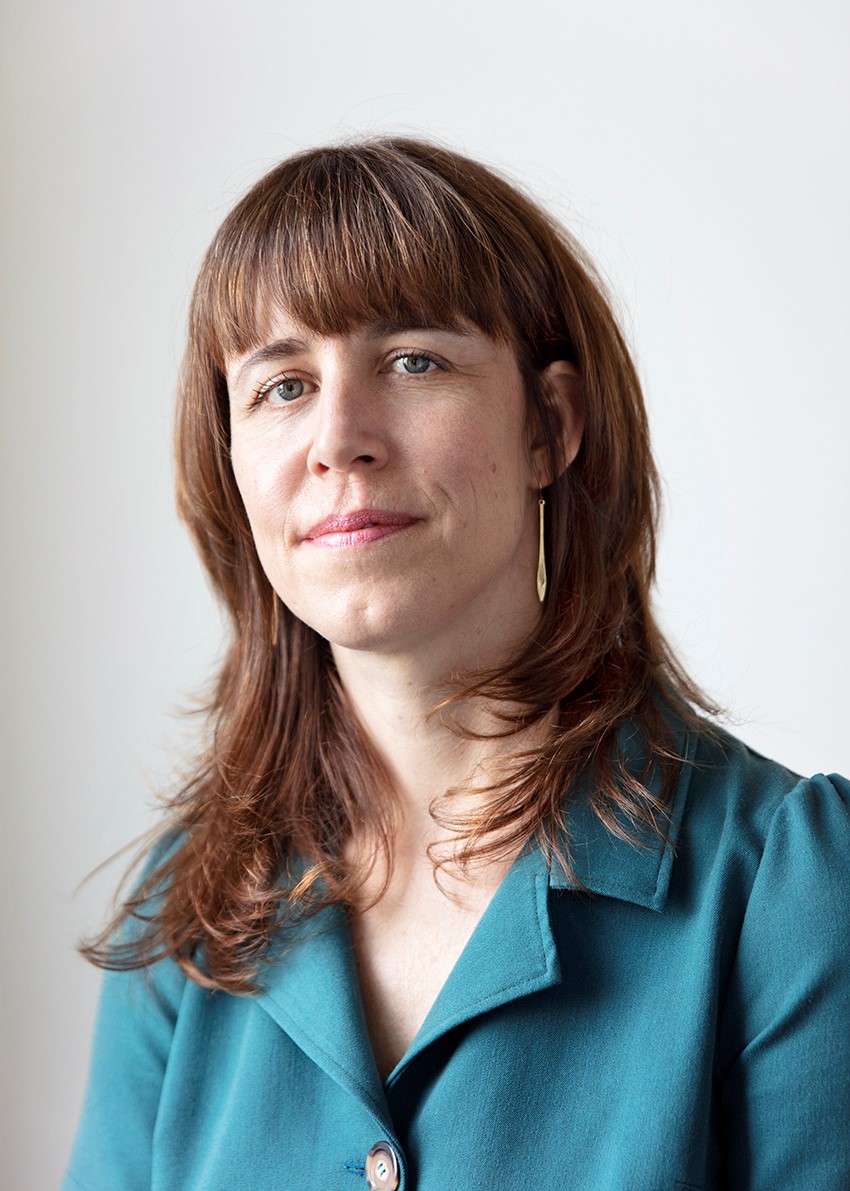
Judith Rietjens
Judith Rietjens works as an associate professor at the Department of Public Health of Erasmus MC, the Netherlands. She is a health scientist by training. Her work focuses on patient and family engagement in medical care and decision-making, in particular in the last phase of life. She is involved in several local, national and international projects.
Judith Rietjens is gezondheidswetenschapper en werkt als universitair hoofddocent bij de afdeling Maatschappelijke Gezondheidszorg van het Erasmus MC, Universitair Medisch Centrum Rotterdam, Nederland. Haar onderzoek richt zich op betrokkenheid van patiënten en naasten in medische zorg en behandeling, zoals advance care planning en zelfmanagement. Ze is betrokken bij diverse lokale, nationale en internationale projecten.
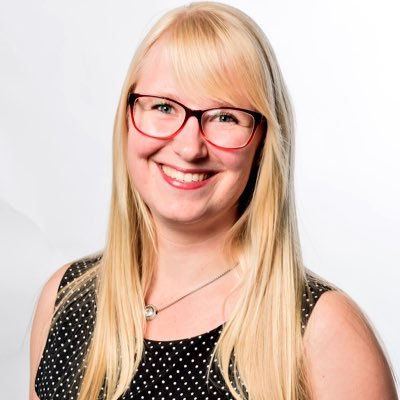
Doris van der Smissen
Doris van der Smissen studied Communication and Information Sciences (MSc), and is specialized in eHealth. She works as a junior researcher in the “Medical decision making and care at the end-of-life” section at the department of Public Health of the Erasmus MC. She works on the development, evaluation and implementation of a web-based program for advance care planning. In the DIAdIC study, she works mainly on the development and evaluation of the iFocus online tool.
Doris van der Smissen heeft Communicatie en Informatie wetenschappen (MSc) gestudeerd, en is gespecialiseerd in eHealth. Ze werkt als junior onderzoeker binnen de sectie “Medische besluitvorming en zorg rondom het levenseinde” bij de afdeling Maatschappelijke Gezondheidszorg van het Erasmus MC. Ze werkt aan de ontwikkeling, evaluatie en implementatie van een web-based programma voor vroegtijdige zorgplanning. Binnen het DIAdIC project werkt ze voornamelijk aan het ontwikkelen en evalueren van de iFocus online tool.
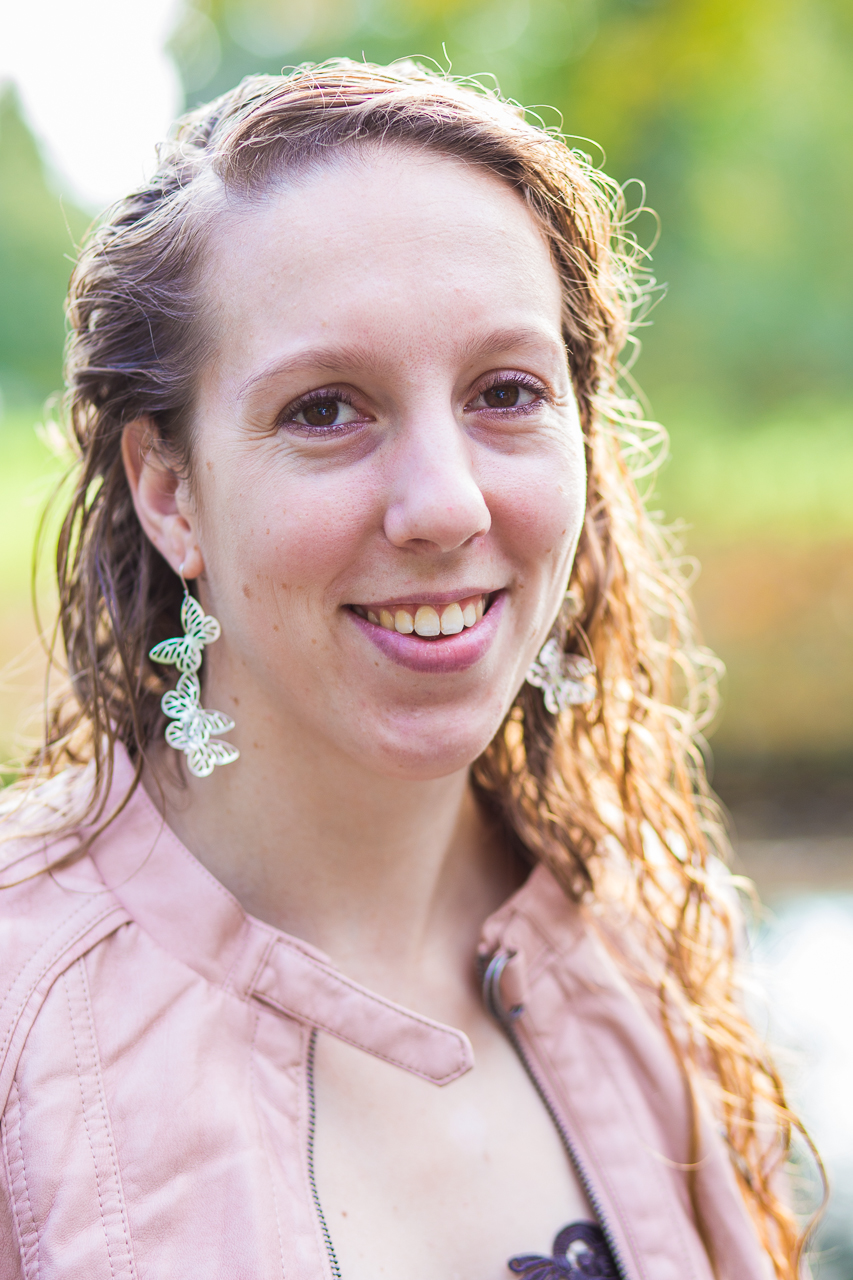
Maaike van der Wel
Maaike obtained her bachelor ‘Nursing’ in 2009 (Breda, Avans Hogeschool). Afterwards she graduated from the University of Utrecht in 2012 as MSc Clinical Health Science (Nursing Science). Her dissertation concerned the ‘clinical decision making by palliative care nurses’. After working as a nurse, a teacher and a researcher she joint the research group ‘medical decisions at the end of life’ of the Erasmus Medical Center in Rotterdam. As a junior researcher she will coordinate the DIAdIC project in the Netherlands.
Maaike heeft haar opleiding verpleegkundige afgerond in 2009 (Avans Hogeschool, Breda). Daarna heeft ze de opleiding Klinische gezondheidswetenschappen (Verplegingswetenschappen) afgerond in 2012 aan de Universiteit van Utrecht. Nadat ze gewerkt heeft als verpleegkundige in het ziekenhuis, les heeft gegeven en onderzoek heeft gedaan, is zij sinds 2019 werkzaam bij de onderzoeksgroep ‘medische beslissingen rondom het levenseinde’ van het Erasmus Medisch Centrum. Als junior onderzoeker coördineert ze het DIAdIC project in Nederland.
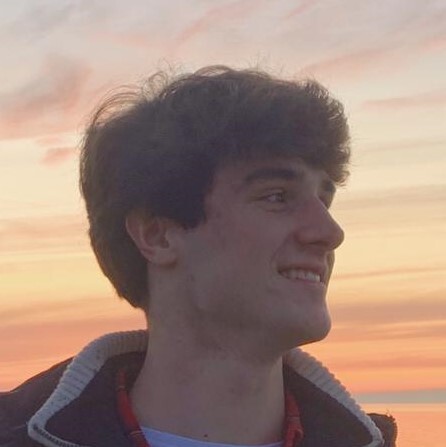
Pim Steens
Pim is a 22-year-old Dutchman who recently graduated from a BSc in Technical Medicine in Rotterdam. He will be working as a data collector for the DIAdIC project. He is interested in starting a MSc program called Philosophy, Bioethics and Health in Amsterdam. ‘Being involved in this project is a valuable experience for my future study. Also, I am looking forward to contributing to a project that I think can have a profound positive impact on the well-being of the dying and their caregivers’. Pim heeft recent zijn bachelor Technische Geneeskunde afgerond in Rotterdam en zal als dataverzamelaar werkzaam zijn binnen het DIAdIC project. Hij heeft interesse om de masteropleiding Filosofie, bio-ethiek en gezondheid te gaan volgen. ‘Betrokken zijn bij dit project heeft een meerwaarde voor mijn ervaring en mijn toekomstige opleiding. Ik kijk er ook naar uit om een bijdrage te leveren aan een project dat in mijn ogen zeker een positieve bijdrage kan leveren aan het welzijn van patiënten met gevorderde kanker en hun naasten’.

